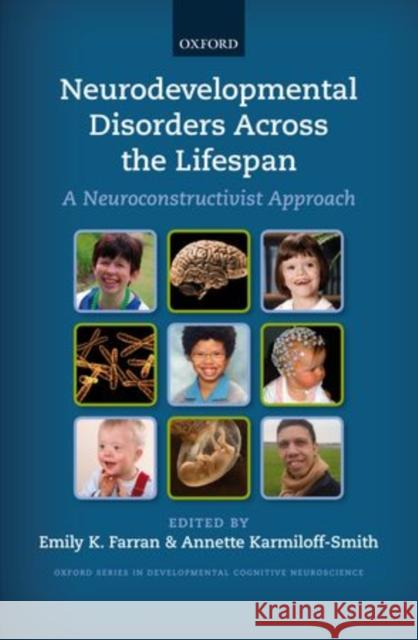Neurodevelopmental Disorders Across the Lifespan: A Neuroconstructivist Approach » książka
Neurodevelopmental Disorders Across the Lifespan: A Neuroconstructivist Approach
ISBN-13: 9780199594818 / Angielski / Twarda / 2012 / 416 str.
Nowadays, it is widely accepted that there is no single influence (be it nature or nurture) on cognitive development. Cognitive abilities emerge as a result of interactions between gene expression, cortical and subcortical brain networks, and environmental influences. In recent years, our study of neurodevelopmental disorders has provided much valuable information on how genes, brain development, behaviour, and environment interact to influence development from infancy to adulthood. This is the first book to present evidence on development across the lifespan across these multiple levels of description (genetic, brain, cognitive, environmental). In the book, the authors have chosen a well-defined disorder, Williams syndrome (WS), to explore the impact of genes, brain development, behaviour, as well as the individual's environment on development. WS is used as a model disorder to demonstrate the authors approach to understanding development, whilst being presented in comparison to other neurodevelopmental disorders - Autism, Developmental Dyscalculia, Down syndrome, Dyslexia, Fragile X syndrome, Prader-Willi syndrome, Specific Language Impairment, Turner syndrome - to illustrate differences in development across neurodevelopmental disorders. Williams syndrome is particularly informative for exploring development: Firstly, it has been extensively researched at multiple levels: genes, brain, cognition and behaviour, as well as in terms of the difficulties of daily living and social interaction. Secondly, it has been studied across the lifespan, with many studies on infants and toddlers with WS as well as a large number on children, adolescents and adults. The authors also explore a number of domain-general and domain-specific processes in the verbal, non-verbal and social domains, across numerous neurodevelopmental disorders. This illustrates, among other factors, the importance of developmental timing, i.e. that the development of a co











